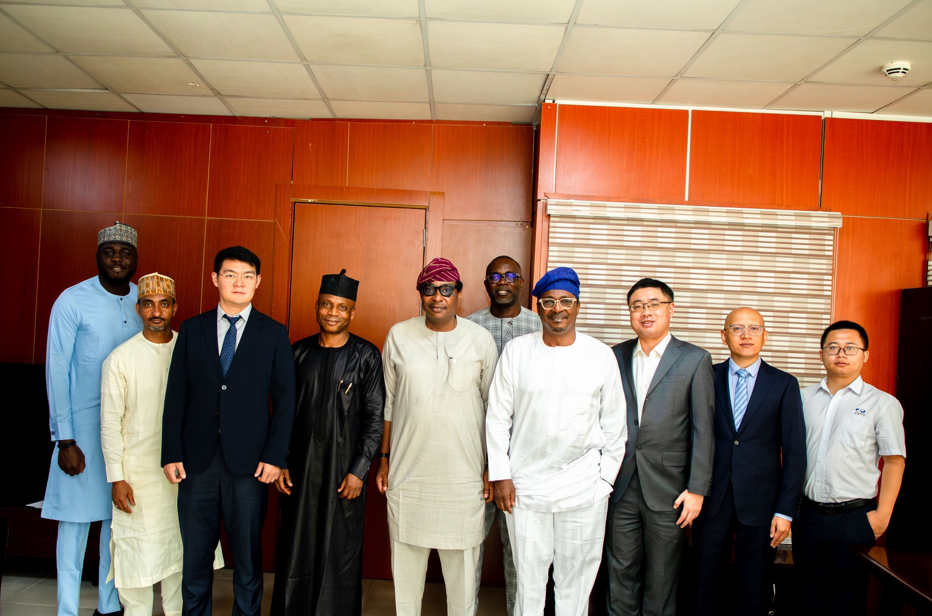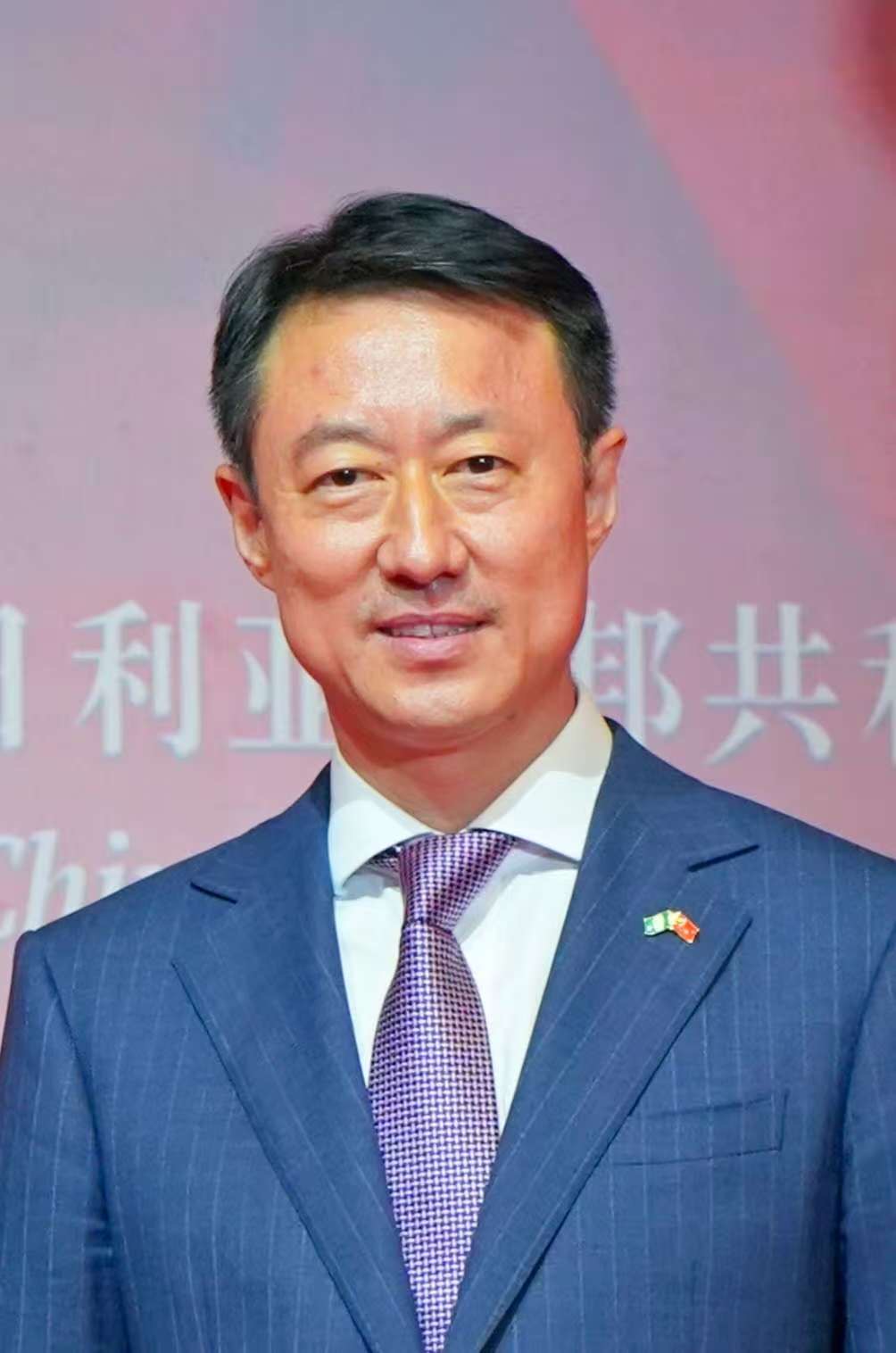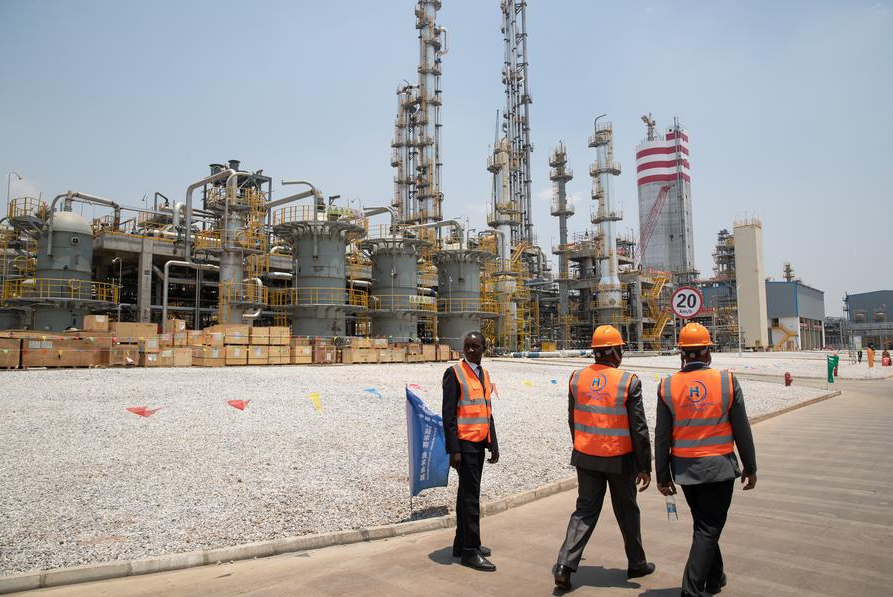The Midstream and Downstream Gas Infrastructure Fund (MDGIF) has concluded high-level negotiations with leading Chinese manufacturer, Endurance Group, to deliver 500 compressed natural gas (CNG) refuelling stations across Nigeria within the next three years.
The agreement represents one of the most ambitious commitments yet toward developing a nationwide CNG ecosystem and accelerating Nigeria’s shift to cleaner, cheaper alternative fuels.
Speaking with journalists after the meeting in Abuja, the Executive Director of MDGIF, Mr Oluwole Adama, stated that both parties agreed to establish a Special Purpose Vehicle (SPV) that will drive the rollout of the country’s largest CNG infrastructure programme to date.
“The collaboration underscores the parties’ commitment to accelerating Nigeria’s transition to cleaner fuels by addressing infrastructure gaps across the country’s CNG value chain,” Adama said.
He noted that the new implementation entity, to be known as the Compressed Natural Gas Auto Mobility Infrastructure Company (CAM InfraCo), will be responsible for coordinating and executing the extensive national rollout.
“Under this agreement, we will set up CAM InfraCo, which will be used to deploy 500 integrated CNG refuelling stations, develop LCNG gas supply infrastructure, and provide CNG and LNG transportation trucks with truck-mounted cascades, forming a virtual pipeline across all states nationwide,” he added.
The MDGIF–Endurance Group partnership signals a major shift in Nigeria’s approach to CNG infrastructure—from scattered, small-scale projects to a unified, government-backed programme designed to achieve national coverage.
By creating CAM InfraCo as a dedicated implementation company, the Federal Government aims to remove longstanding bottlenecks that have slowed the Presidential CNG Initiative and limited nationwide adoption.
The deployment of 500 CNG stations over three years is expected to dramatically expand access to gas-powered mobility. The inclusion of LCNG plants, supporting supply networks, and virtual pipeline trucks ensures that even states without existing natural gas pipelines can benefit from the transition.
With the MDGIF already investing more than N287 billion in gas infrastructure projects nationwide, this latest deal further solidifies CNG as a cornerstone of Nigeria’s energy transition away from petrol and diesel.
Analysts say the initiative will create new jobs, deepen local manufacturing, cut transportation costs, and enhance energy security while reducing carbon emissions.
Most importantly, experts note, the partnership closes a critical infrastructure gap and provides a clear pathway toward affordable clean mobility for millions of Nigerian households and businesses.






